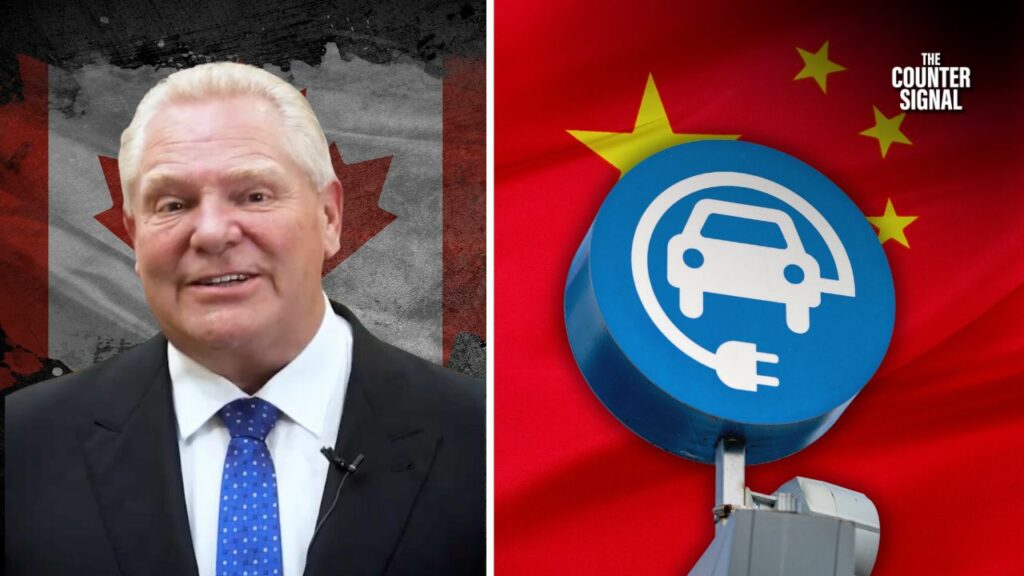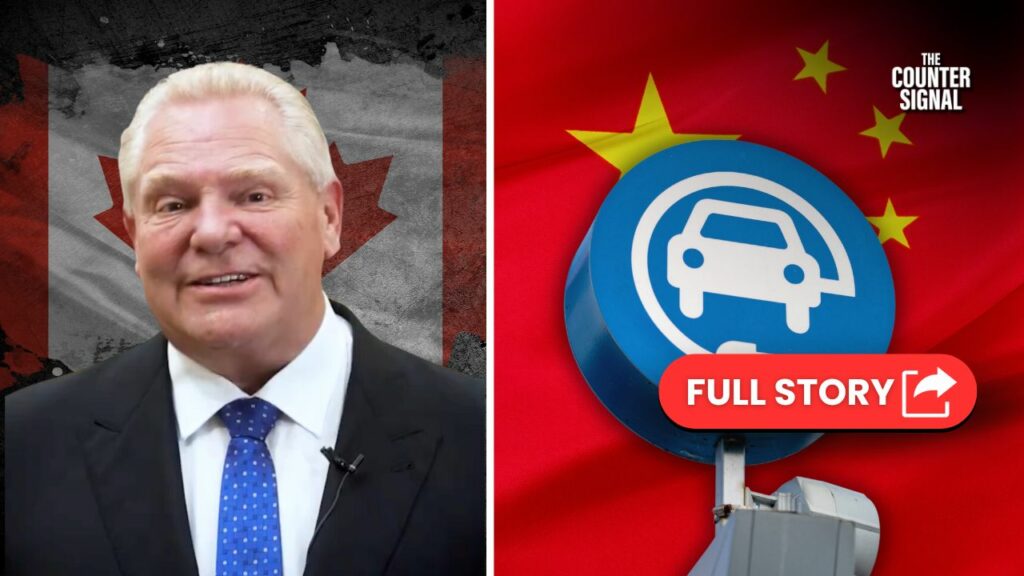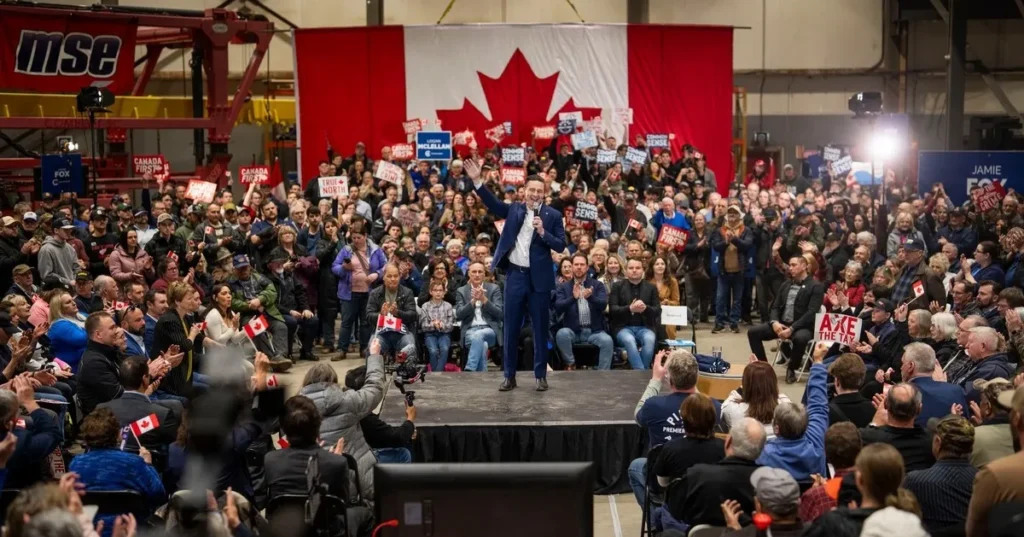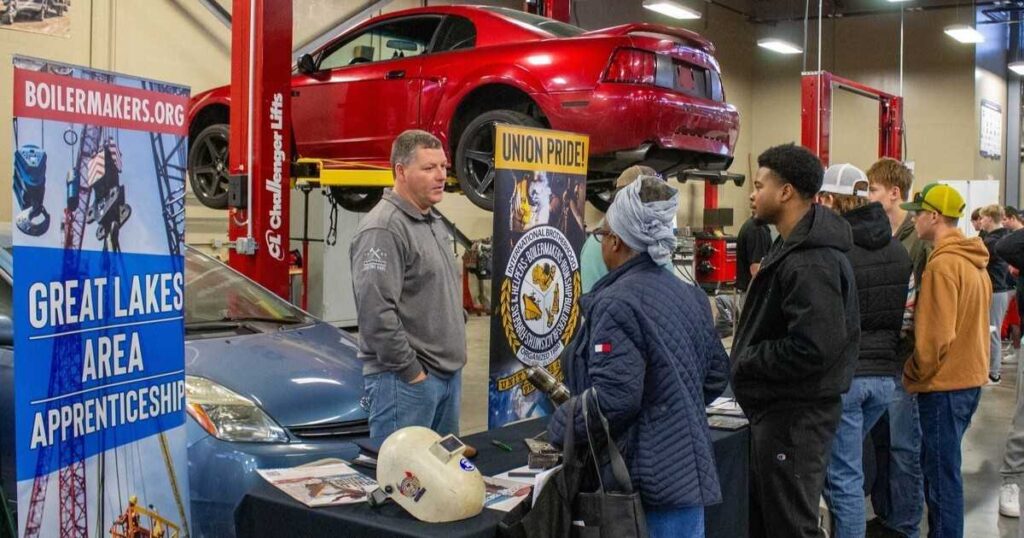Ontario Premier Doug Ford has called for an immediate 100% tariff on all electric vehicles (EVs) imported from China.

In a statement, Ford claimed that China has been taking advantage of lower labour standards and “dirty energy” to flood the market with artificially lower-priced electric vehicles at a time when Canada, and specifically Ontario, is making significant strides in the EV market.
“Over the last four years, Ontario has a secured $43 billion worth of investments in electric vehicle and battery manufacturing, securing hundreds of thousands of good, well-paying jobs. This has been an all-hands-on-deck achievement, working side-by-side with the federal government and our private-sector labour partners,” Ford said.
“We can never take our progress for granted. Our workers are the best in the world. As governments, we need to do everything in our power to protect their jobs and the paycheques they take home.”
For these reason, Ford says it’s time step up and match or exceed US tariffs on all Chinese imports, with a specific focus on EVs.
“Now’s the time to work with our U.S. partners to deepen and strengthen home-grown, U.S.-Canada supply chains. Now’s the time to protect good, hard-earned Ontario and Canadian jobs by matching U.S. tariffs on Chinese imports,” Ford said.
Ontario’s Honda investment
This latest statement follows significant investments in developing a Honda EV ecosystem in Ontario, which was only secured through the promise of a $5 billion taxpayer-funded incentive for Honda to choose Canada over their first and second choices.
As part of the investment, Honda will be building an EV assembly plant, a battery production plant, and a cathode active material plant in Alliston, Ontario, which are expected to begin churning out 240,000 electric vehicles annually beginning in 2028.
In total, $15 billion will be needed to complete the project; however, many critics of the project have cited waning demand in EVs as a potential setback due to increased costs in switching over to an electric vehicle and waning interest in EVs as hybrid vehicles make a comeback.
And obviously, China undercutting Canadian prices plays into the success or failure of the project, too.








